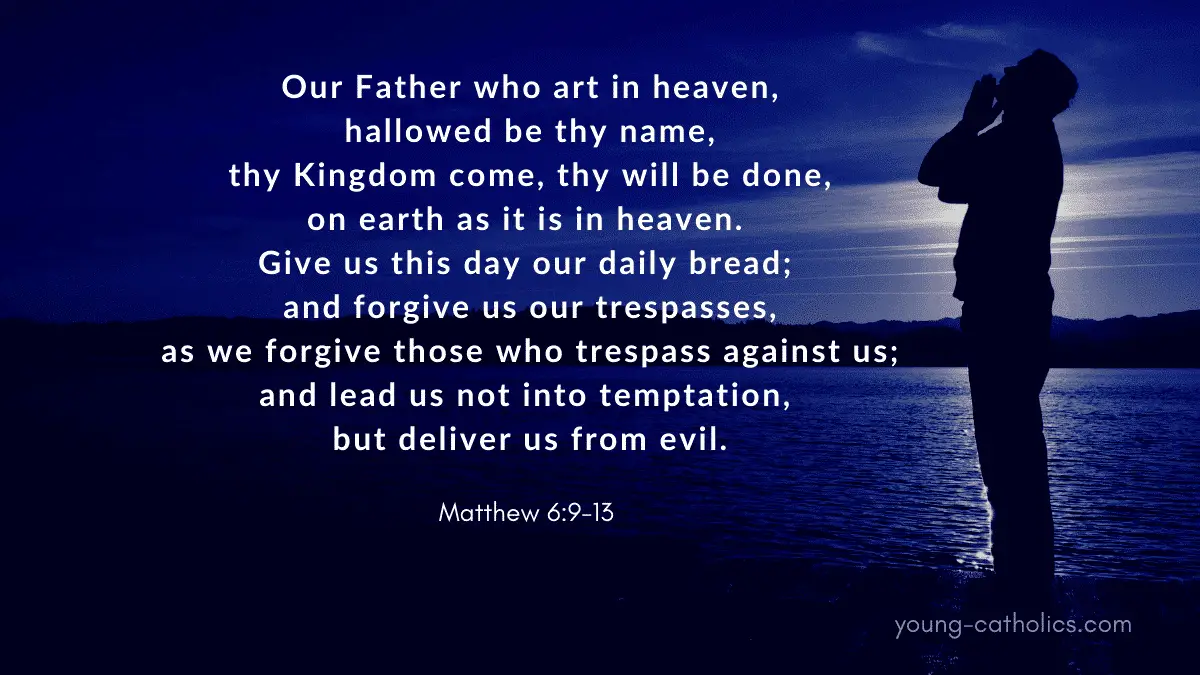

A spokesperson for the band states that they settled out of court for pragmatic reasons and to avoid escalating legal fees. The group's lawyers had argued that Harris initially used the lyrics as a placeholder and did not have time to change them before the album's release. On 12 March 2018, it was reported that the band had settled the case out of court. Ingham was unaware of the matter until 2011 and Barton claimed to be the sole songwriter during the original settlement. The other songwriter, Brian Ingham, has sued Iron Maiden for his share of the profits from the song. Harris and Murray settled with one of the credited songwriters, Robert Barton. Iron Maiden manager Rod Smallwood was the agent for Beckett and a teenage Steve Harris saw the band play this song live. The song's title is a line from the Lord's Prayer.Ī section of the lyrics are lifted from Beckett's 1973 song "Life's Shadow". Iron Maiden also recorded the song as part of Channel Four's 2007 television series, Live from Abbey Road, while a version recorded for BBC Radio 1 in 2005 was used as a B-side on " The Reincarnation of Benjamin Breeg" single. It is one of the most covered songs in Iron Maiden's catalogue, with versions released by artists such as Dream Theater, Machine Head, Cradle of Filth and Iced Earth.
#Hallowed be thy name prayer movie#
Allmusic describes it as "perhaps the most celebrated of the band's extended epics it's the tale of a prisoner about to be hanged, featuring some of Harris' most philosophical lyrics." Several band-members have since stated that it is one of their favourite tracks, with Bruce Dickinson describing it as "fantastic" and that performing it live is like "narrating a movie to the audience." He lives in South Riding with his wife Julie and children Melissa and Justin."Hallowed Be Thy Name" has remained in almost all of the band's set-lists since the album's recording, the only exceptions being the Maiden England World Tour 2012–14, and the second leg of the Book of Souls World Tour in 2017. Mark has been an active member of Arcola Church for the last 10 years. During this time together, help us to feel your spirit, your presence, and your guidance for our lives. As we pray, help us to praise and exult your hallowed name, and to set our heart and mind in communion with you. Heavenly Father, we thank you for this day and every day. We should respect his presence and recognize his magnificence. Our heavenly Father is worthy of our worship. We could also read aloud a psalm of praise such as Luke 1:45-55 (the Magnificat).

God is the all-knowing, all-powerful creator of the universe.ĭuring adoration, we can praise God for who he is, acknowledging his attributes such as being faithful, righteous, just, merciful, gracious, willing to provide, attentive and unchanging.

When we talk to God, it is different than an everyday casual conversation with a friend. It reminds us that we are in the presence of the Holy One. It comes at the beginning of prayer before any petitions (give us this day our daily bread) or confessions (forgive us our trespasses). Adoration sets the tone for the entire prayer. “Hallowed by thy name” aligns with the first stage – Adoration. In this book he lays out a simple pattern for prayer called ACTS: Adoration (entering Holy space) Confession (naming our faults) Thanksgiving (expressing gratitude) and Supplication (petitions asking for help). The book was called “Too Busy Not to Pray,” by Bill Hybels. We recently did a book study about prayer in a small group here at Arcola. It takes the focus off of us and places it on God. And the phrase “hallowed be thy name” helps put that communication in perspective. When we pray, we form a personal communication between us and God. In Exodus 20:7 God commanded his people “You shall not misuse the name of the Lord your God, for the Lord will not hold anyone guiltless who misuses his name.” Jesus reminds us in the Lord’s prayer that His name is to be exalted and revered. Recall our study earlier this year when we examined the 10 commandments. According to Webster’s, the term hallowed means “to make holy (exalted or worthy of complete devotion) to venerate (to honor with a ritual act of devotion).” So “hallowed” means to put above all things with complete devotion. For another, there is no other modern word that accurately reflects its meaning. Why? Well, for one, we are all familiar with its use in the Lord’s Prayer. “Hallowed be thy name.” This word, “Hallowed,” has its roots in Old English, but remains in the modern New International Version Bible.

This, then, is how you should pray: 'Our Father in heaven, hallowed be your name' - Matthew 6:9


 0 kommentar(er)
0 kommentar(er)
